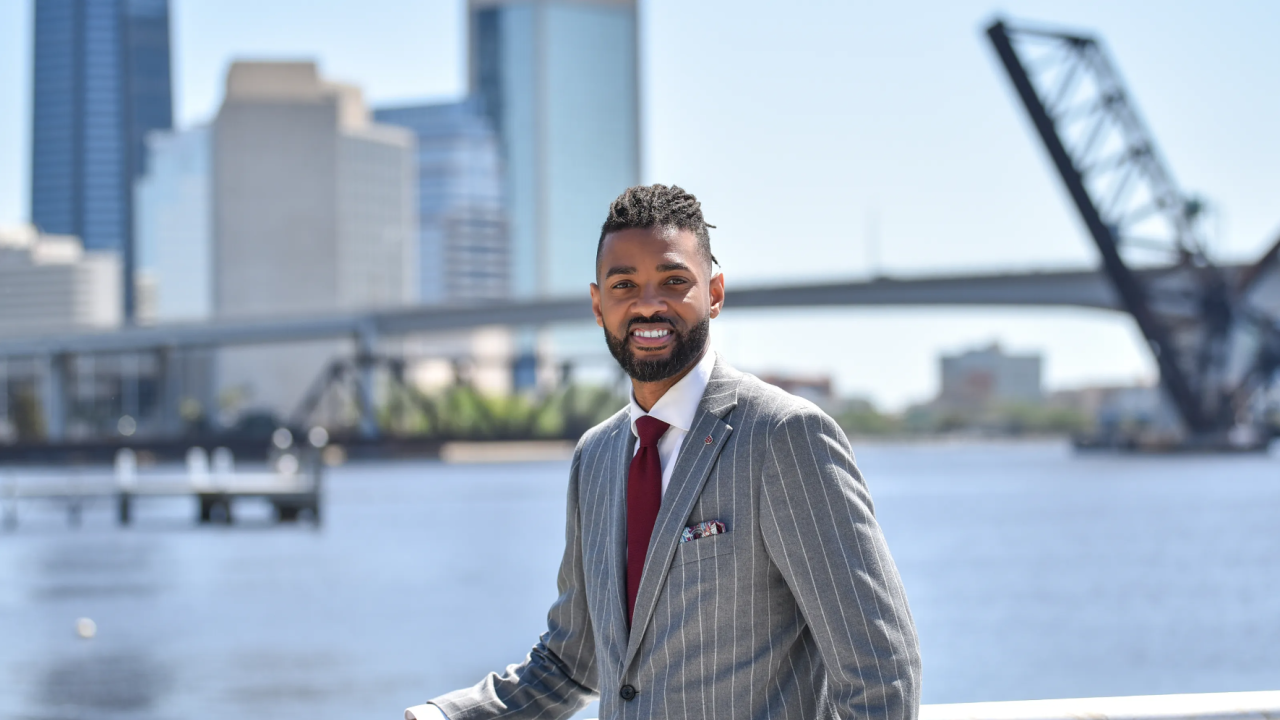Bridging Democracy for the Greater Good

This morning, I voted in Florida for the first time, joining others in making our voices heard as we shape the nation’s future. I’ve always been an in-person voter; I like to wake up early, stand in line, and cast my vote alongside fellow citizens. For me, it’s a way to honor the hard-fought history of voting in this country and acknowledge the efforts that have secured my right to participate. Now that I’ve done my part at the polls, I find myself reflecting deeply on my hopes for the country post-election—particularly on the role of philanthropy in supporting these hopes and strengthening democracy.
My recent move from Michigan to Florida has given me fresh insights into how communities across the country experience and shape democracy, each with its own unique challenges and strengths. Florida—a state known as much for its sunshine as it is for its political complexity. People often ask me about life in Florida, often intrigued by the eccentric headlines and the ever-present “Florida Man” stereotype. Yet these snapshots miss the profound and diverse communities who, in a myriad of ways, are working for the greater good. It’s the people—not the polarizing headlines—that give a fuller picture of this place and what makes it a vibrant home for so many.
My journey in philanthropy began over a decade ago in Flint, Michigan, as the President and CEO of the Community Foundation of Greater Flint. It’s here where I witnessed firsthand the transformative power of community-based giving. Now, as the President of the Community Foundation of Northeast Florida, I reflect on the journey that brought me here and the work still to be done.
Philanthropy has the potential to be an essential force in bridging democracy, especially in times of deep polarization. While tax laws and government incentives shape modern philanthropy, its roots run much deeper, grounded in cultural, religious, and moral traditions of giving. From the Greek tradition of “liturgies” where wealthy citizens supported public works, to religious mandates like tithing and zakat, the practice of giving is a longstanding response to societal needs. These traditions underscore that philanthropy is not merely a function of wealth, but a responsibility rooted in community care and ethical obligation.
However, in the U.S., government policies and tax codes have expanded philanthropy’s reach, incentivizing private giving for the public good. This framework, while recent, aligns individual contributions with societal priorities like education, healthcare, and environmental stewardship, channeling philanthropic dollars toward public goals. Yet, the power of philanthropy also lies in its ability to step beyond government-led efforts and foster relationships and dialogue across political lines.
Just last week, I co-hosted the 2024 Civil Society Fellowship Town Hall in Washington, D.C., in collaboration with the Aspen Institute. Together with leaders from across the political spectrum, we sought to model civil dialogue and address our nation's pressing divides. Fellows discussed issues we’ll all need to confront, regardless of the election outcome—immigration, the economy, healthcare, and criminal justice.
Regardless of tonight’s results, philanthropy’s role is clear. We must continue working to bridge divides—not by avoiding hard conversations but by leaning into them. Our communities deserve nothing less than the best efforts of those committed to fostering understanding and building a future for the greater good.